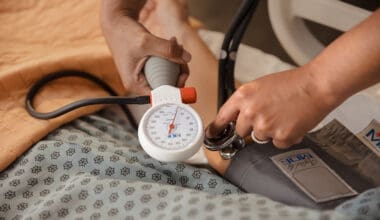The most advanced programs for optimal results.
Our Registered Dietitian Nutritionists (RDNs) possess unique training to guide lifestyle behavior via Medical Nutrition Therapy (MNT), effectively preventing unnecessary complications and enhancing patient outcomes while reducing cost for our partners.










